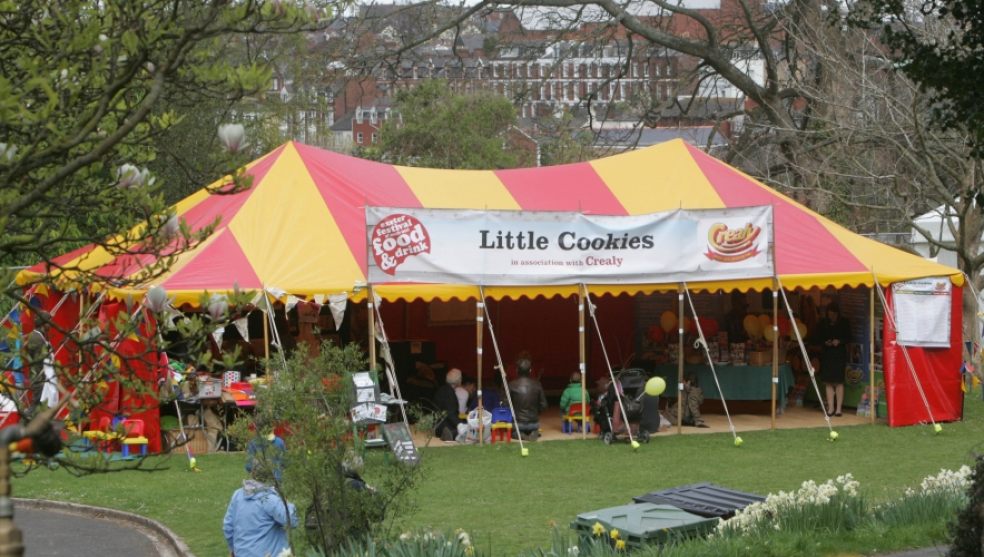
The arts are central to our economic and general well being, says Ben Bradshaw MP
The Culture Secretary, Maria Miller, said this week she would fight hard in the forthcoming spending review for Arts and Culture. That’s an improvement on her predecessor, Jeremy Hunt, who seemed to take pride in the size of the cuts he offered up to the Treasury and was the first Minister to settle in the last spending round.
Investment in arts and culture is tiny - less than 1% of overall Government spending. Yet it goes a long way in terms of jobs and economic growth. Sometimes wrongly seen as a fluffy luxury, arts spending is central to Britain’s economic future. Independent studies have shown that for every £1 invested in arts and culture, we get £5 back.
Under the last Labour Government Britain’s creative industries grew at more than twice the rate of the economy as a whole. Art, film, theatre, video games, TV, fashion, music are things we are incredibly good at. In fact, Britain has the biggest creative sector as a proportion of our economy than any other country. Fantastic shows like War Horse and Matilda that began in subsidised theatre have gone on to make £millions for UK PLC.
A lot of this creativity begins and flourishes in places like Exeter. Cities that have a flourishing cultural life not only have happier populations but stronger economies. If you’re wondering where to live, study, settle down, start a family, or relocate a business the cultural life on offer can play an important role in your decision. Forward-looking local authorities recognise this and invest accordingly.
Exeter City Council, in spite of its small size and the fact that culture is supposed to be the responsibility of Devon County Council, has a good record here. It spent significant sums in the redevelopment of the Royal Albert Memorial Museum, in the face of some criticism at the time. But the value of that investment is paying off with a huge increase in visitors and a prestigious national award. Many of these visitors don’t just go to the museum but support other attractions and spend money in the city too. In spite of the severe pressure on council budgets, ours has managed to maintain the modest support it provides to local arts and cultural organisations. Others, like Somerset, have cut support completely, devastating local cultural life and damaging the community along with it.
From the Northcott (saved from closure by a concerted local campaign) the exciting and innovative Bike Shed Theatre, the Cygnet Theatre, Theatre Alibi, our cinemas, the Cathedral, the Phoenix and the Spacex Gallery to the Corn Exchange, Westpoint, our smaller live music venues and even our wonderful Food Festival, Exeter is fortunate to have a rich and varied cultural life for a city of its size. It helps make us an attractive place to live and work, provides training, boosts jobs and keeps talented creative people here rather than moving to Bristol or London. At the Northcott recently I met a British couple living in France who’d come over specially to see the English Touring Opera in Exeter and were making a long weekend of it, contributing to our local economy.
So as Exeter City Council draws up its new Cultural Strategy and as Devon County Council considers its challenges after fresh elections I hope they will not follow the example of Somerset and view culture and the arts as some luxury add on – but as central to our economic and general well being and what it means to being human.
Blog by Ben Bradshaw, MP for Exeter























